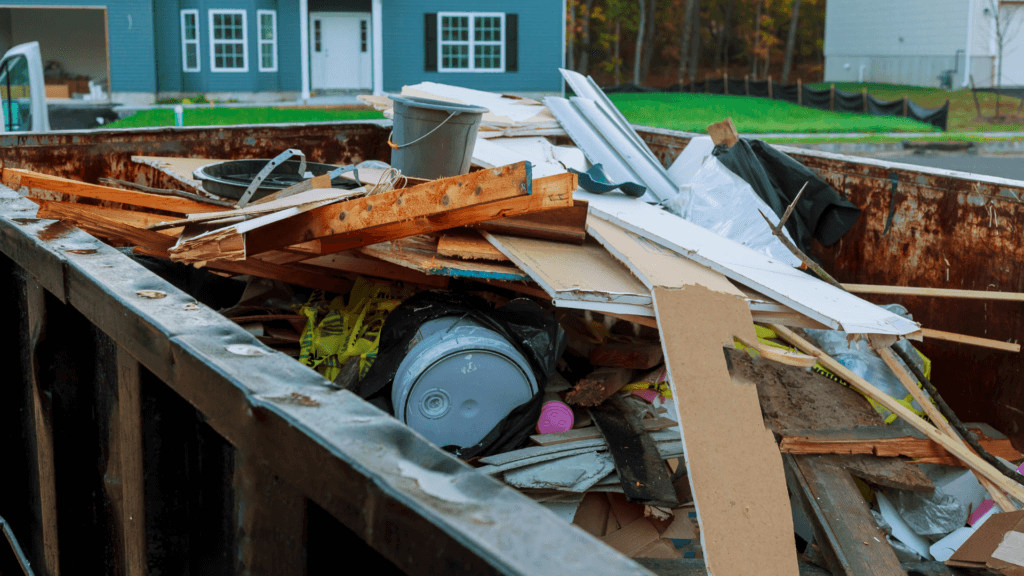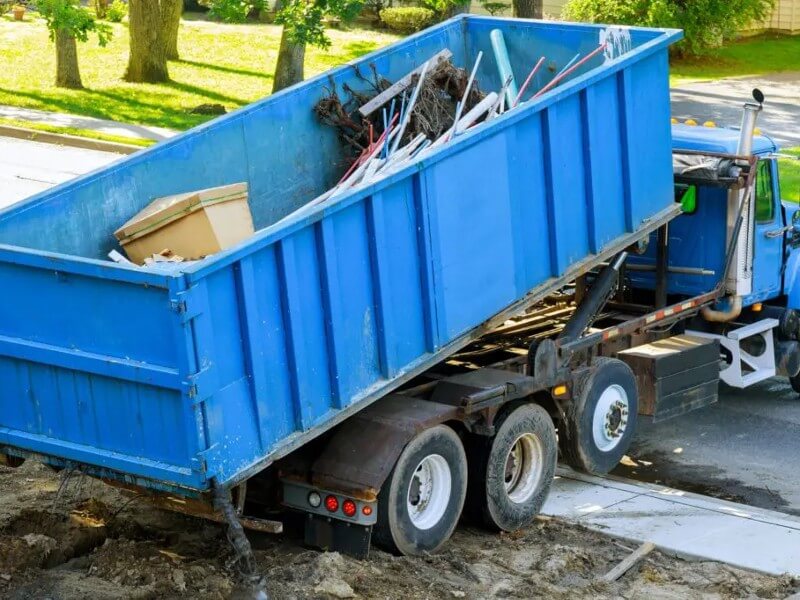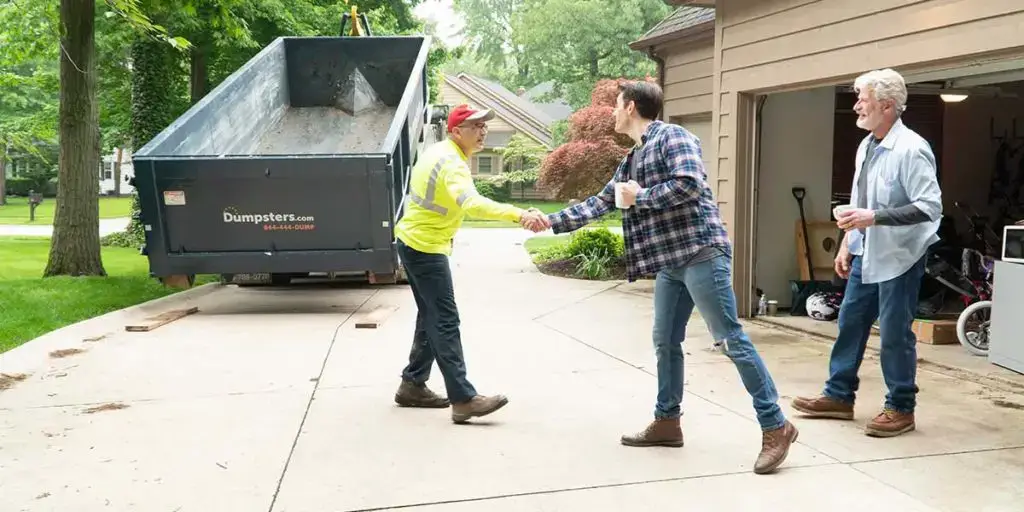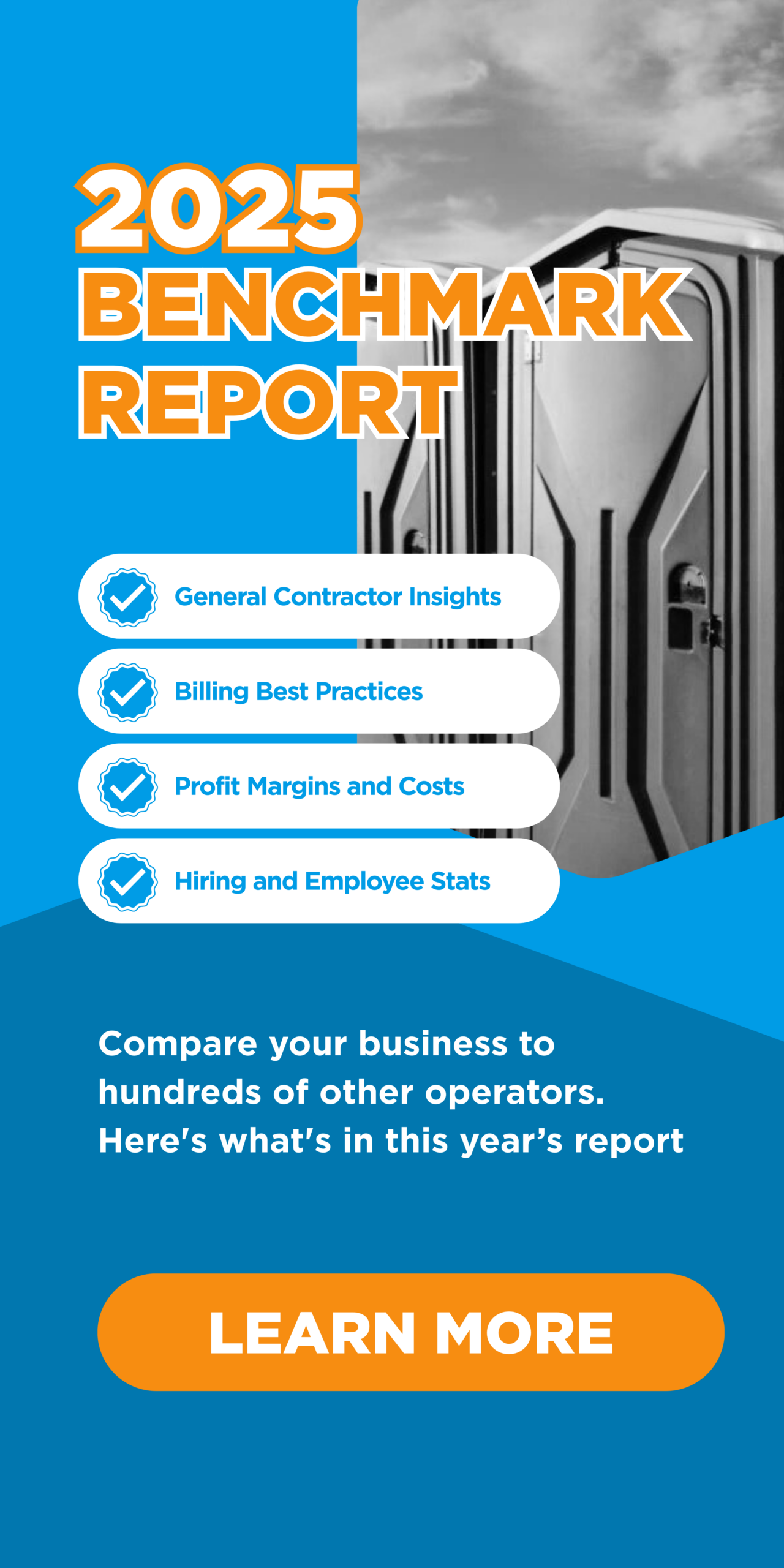Sustainability in the Roll-Off Dumpster Rental Industry
The Importance of Sustainability in the Dumpster Rental Industry
In today’s world, sustainability isn’t just a buzzword. It’s an important part of any business, and the dumpster rental industry is no exception. Many people think of dumpster rentals as simply a way to get rid of waste. However, there’s a lot more to consider. How that waste is managed, where it ends up, and the impact it has on the environment are questions that consumers are starting to ask.
Taking a sustainable approach to dumpster rentals can bring about numerous advantages. It’s not just good for the Earth, but it’s also good for business. Customers are becoming more eco-conscious and prefer to work with companies that share their values. Additionally, implementing sustainable practices can lead to more efficient operations and, in many cases, cost savings.
Here’s what to expect from this article:
- Tips on optimizing truck routes for better fuel efficiency.
- Insight into how eco-friendly materials can make a difference.
- Ways to effectively manage waste for sustainability.
- The role of customer education in promoting green practices.
- The financial upsides of going green in this line of business.
Understanding the importance of sustainability can be the first step in making impactful changes in the way dumpster rental businesses operate. The aim is to guide you through adopting sustainable practices that are not only eco-friendly but also beneficial to your bottom line.

Green Operations for Dumpster Rental Companies
Running a dumpster rental business in an eco-friendly way can seem challenging, but it’s possible with the right strategies. Plus, it’s not just about environmental responsibility; green operations often lead to more efficient processes and lower costs.
Optimizing Truck Routes
One of the quickest wins for sustainability is optimizing truck routes for fuel efficiency. Old habits like taking the same roads without considering traffic patterns or distance can eat up more fuel and increase emissions.
- Schedule pickups and drop-offs in clusters to avoid backtracking.
- Invest in well-maintained, fuel-efficient vehicles.
Waste Management and Sorting
How waste is managed can have a huge impact on sustainability. Instead of dumping all collected waste into landfills, sort it for recycling and composting opportunities.
- Create separate compartments within dumpsters for different types of waste.
- Collaborate with recycling facilities to dispose of recyclable materials properly.
Energy-Efficient Operations
The efficiency of your operations extends beyond your fleet of trucks and dumpsters. Your offices and storage areas also contribute to your company’s overall carbon footprint.
- Invest in energy-efficient lighting and HVAC systems.
- Start using digital processes to reduce paper waste.
By making these changes, you’re not only reducing your impact on the environment but also likely to see an improvement in your operational efficiency and even your company’s reputation. Many customers are keen to support businesses that actively strive to be sustainable.
Remember, going green is a long journey, not just a one-time effort. And that journey can start today with the start of smarter, more sustainable operational practices.

Customer Education and Community Involvement
Engaging with the community and educating customers are major steps in promoting sustainability in the dumpster rental industry. Often, customers aren’t even aware of how their actions can either harm or help the environment. As a responsible business, you have the opportunity to guide them.
Customer Outreach Programs
Initiate outreach programs to educate customers about the importance of sorting waste and what can or can’t be recycled. This will also position your business as a “knowledge leader” in the roll-off dumpster industry.
- Use social media platforms to share educational content.
- Include informational pamphlets with each dumpster rental.
Community Workshops
A more direct approach to education is holding community workshops. These can range from simple seminars to hands-on training on waste sorting and management.
- Partner with local organizations for broader reach.
- Use these events to showcase your eco-friendly dumpsters and practices.
Collaboration with Local Authorities
Work closely with local government bodies to advocate for better waste management practices. This can often result in fruitful partnerships that help both parties achieve their objectives. This also adds credibility to your business.
- Assist in local clean-up events.
- Offer discounted or even free services for community-driven environmental projects.
Rewards and Incentives
People love rewards. Implement a rewards program for customers who follow best practices for waste sorting and disposal.
- Offer discounts on future rentals.
- Create a points system redeemable for eco-friendly products.
Employee Training
Don’t forget that your employees are the face of your company. Ensure they are well-educated on sustainability practices so they can pass that knowledge on to your customers.
- Regular training sessions on eco-friendly practices.
- Encourage employees to come up with their own green initiatives.
When your business takes the lead in customer education and community involvement, you’re doing more than just boosting business. You’re becoming a cornerstone of a more sustainable, educated community. This not only fosters goodwill but often leads to customer loyalty, as people like to associate with businesses that share their values.

Financial Benefits of Sustainability
Adopting sustainable practices in the dumpster rental industry isn’t just about being a good citizen; it can also have a significant impact on your bottom line. Businesses often worry that going green will result in additional costs, but the truth is that sustainable operations can cause significant financial benefits in the long run.
Cost Savings from Efficiency
One of the first areas where you’ll see financial benefits is operational efficiency. When you optimize routes for your trucks, reduce fuel consumption, and manage waste in an eco-friendly manner, you’re also cutting costs.
- Reduced fuel costs through optimized routing.
- Lower operational costs by utilizing energy-efficient machinery.
Government Incentives and Tax Benefits
Various local and federal authorities offer tax benefits and other financial incentives for businesses that adopt sustainable practices. These are direct financial benefits for your company.
- Tax credits for using renewable energy sources.
- Grants and subsidies for waste reduction initiatives.
Customer Loyalty and Premium Pricing
Consumers today are increasingly aware of environmental issues and are willing to pay a premium for services that align with their values. This allows companies to make a higher profit margin.
- Higher customer retention rates due to ethical business practices.
- Ability to charge a premium for specialized, eco-friendly services.
Reduced Waste Disposal Costs
By focusing on recycling and waste reduction, you can significantly decrease the costs associated with waste disposal. Some companies even profit from recycling operations.
- Lower tipping fees due to reduced waste volume.
- Revenue from selling recyclable materials.
Competitive Advantage
Sustainability isn’t just a buzzword; it’s becoming an expectation. Businesses that adopt sustainable practices early on gain a competitive edge in the market.
- Stand out among competitors who are slow to adopt sustainable practices.
- Leverage sustainability as a unique selling proposition in your marketing.
While there may be initial costs associated with transitioning to more sustainable operations, these are often covered by long-term gains. These range from direct cost savings and tax benefits to more invisible rewards like customer loyalty and a strong market position.
The Smart Choice for a Sustainable Future
Sustainability in the dumpster rental industry is a business strategy that offers financial benefits, promotes community goodwill, and contributes to a healthier planet. By embracing green operations, focusing on customer education, and understanding the financial incentives, businesses can position themselves as leaders in an increasingly eco-conscious marketplace. Making the shift towards sustainable practices is not just the right thing to do; it’s a smart business decision with far-reaching benefits for the long term.
Frequently Asked Questions: Sustainability in the Dumpster Rental Industry
What are some easy steps to make my dumpster rental business more sustainable?
Improving sustainability in your dumpster rental business can start with simple steps like upgrading to fuel-efficient vehicles and using eco-friendly cleaning products. Establishing a recycling program can also contribute to reducing landfill waste and even bring in additional revenue.
How can customer education improve sustainability in my business?
Educating customers about the types of waste that can be recycled or composted encourages responsible disposal practices, which in turn reduces landfill waste and supports your business’s sustainability goals.
What are the financial benefits of implementing sustainability in my dumpster rental business?
Some of the financial benefits include reduced operating costs through energy and resource conservation, potential tax incentives, and increased customer loyalty for being a green business.
Are there any partnerships or certifications that can help boost my company’s sustainability image?
Yes, certifications like ISO 14001 for Environmental Management or partnerships with environmental organizations can give your business added credibility in the area of sustainability.
How do I involve the community in my sustainable dumpster rental operations?
Consider hosting community clean-up events, educational workshops, or partnering with local schools and organizations to create awareness and contribute to local sustainability initiatives.



